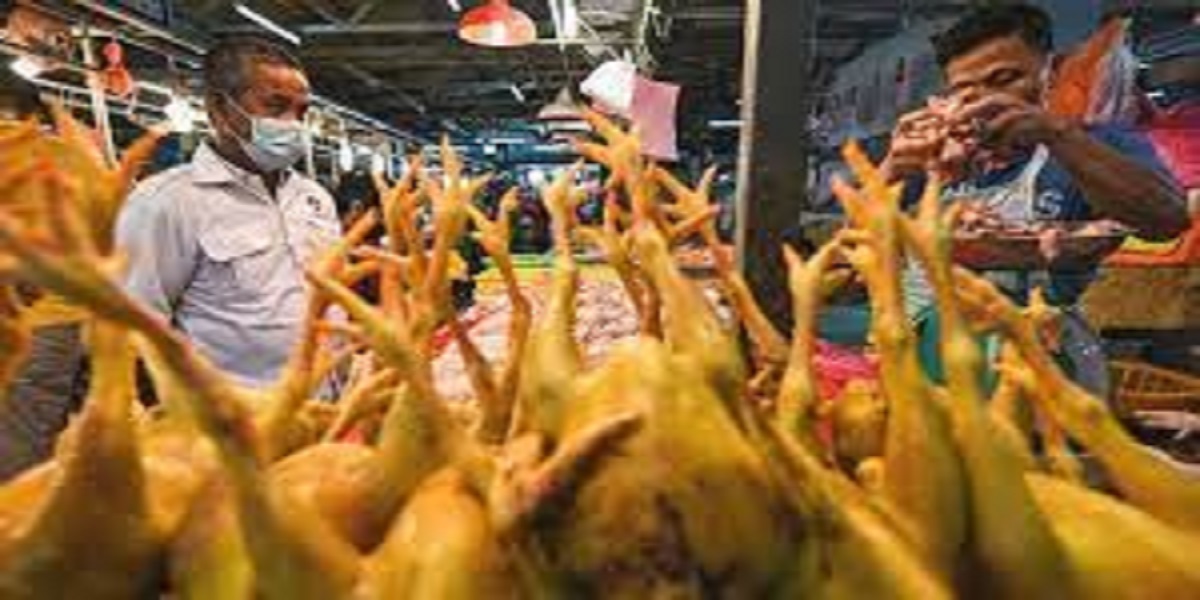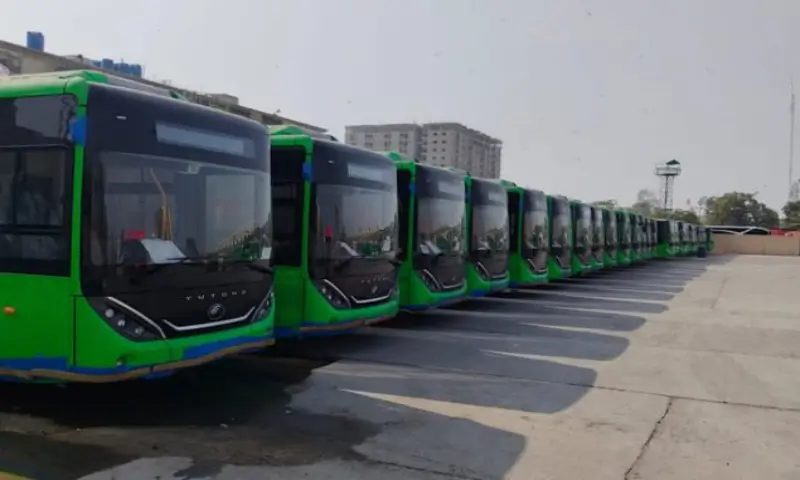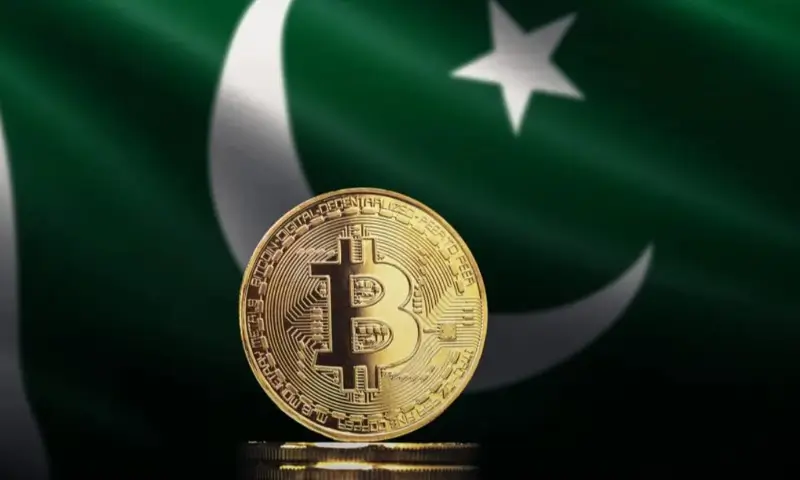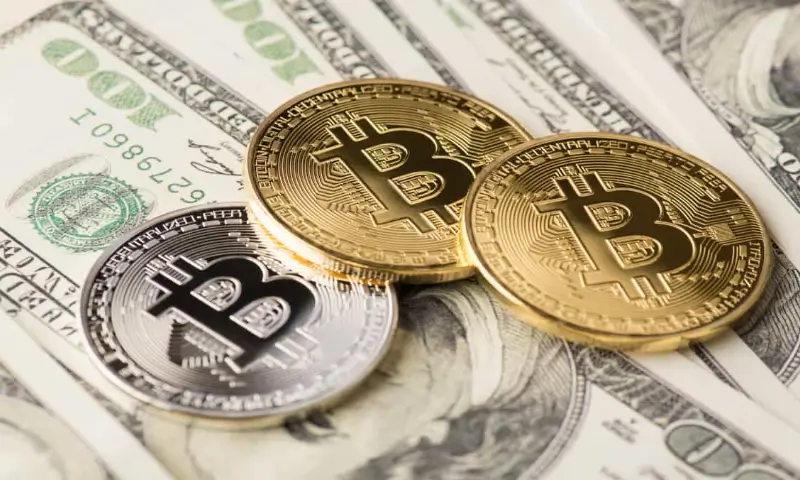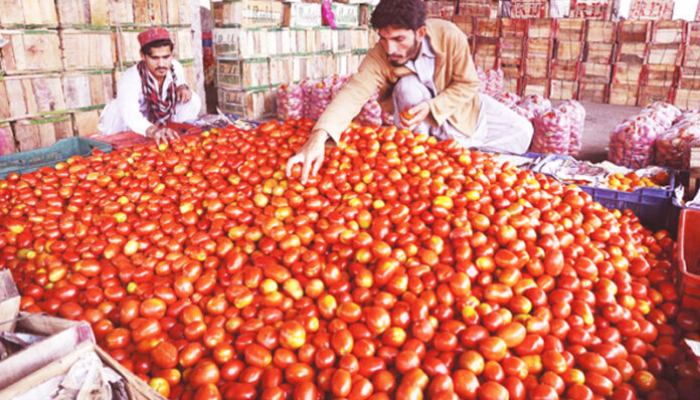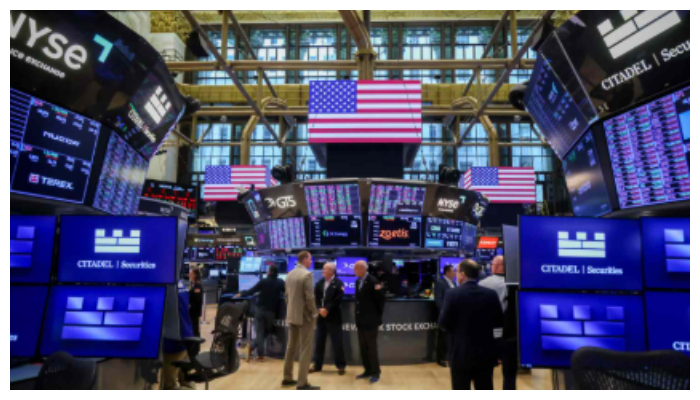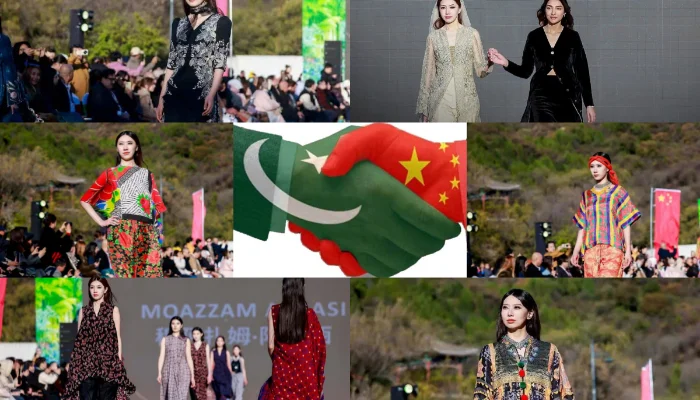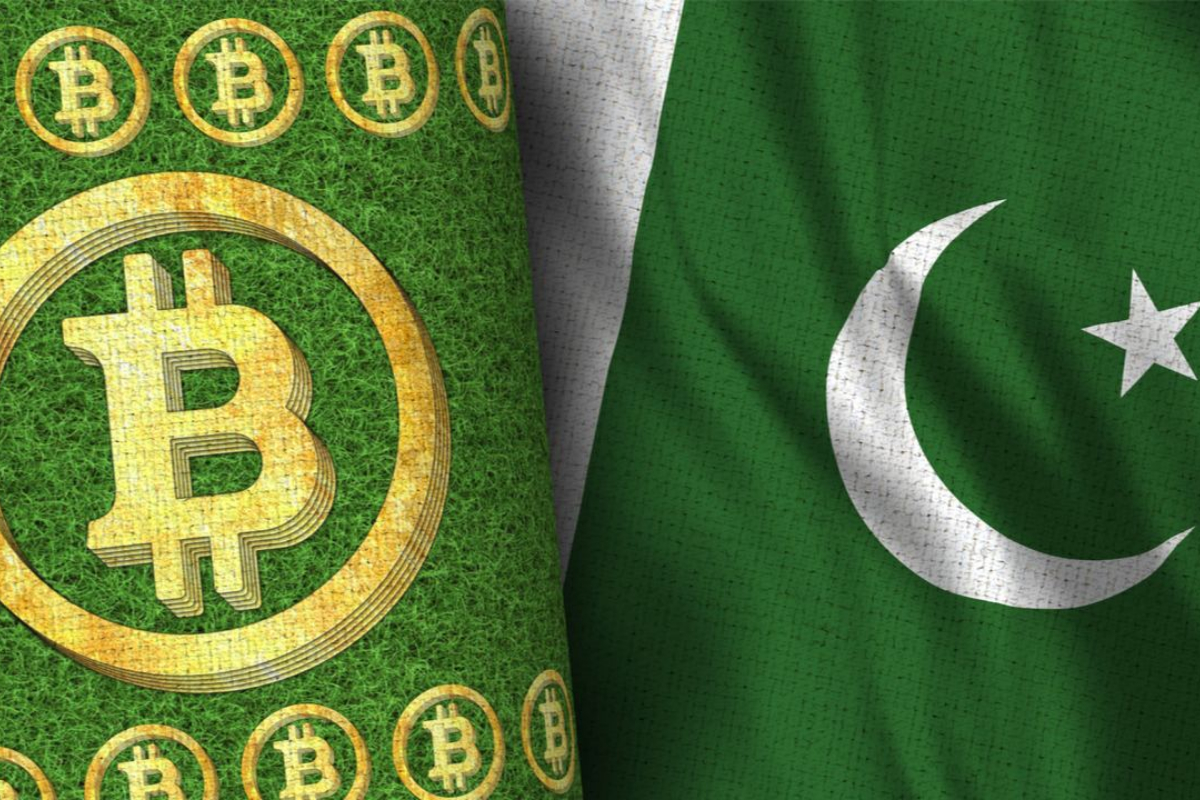Malaysia says it will cut the product of chickens from the beginning of June due to deficiencies in the country.
Somewhere else in Asia, India has restricted wheat trades, while Indonesia impeded abroad deals of palm oil.
It comes as the world faces the most horrendously awful food emergency in many years following Russia’s attack of Ukraine.
One horticulture master has featured worries about the likely ascent of purported “food patriotism” by states in the area.
Malaysian customers have seen chicken costs flood lately, while certain retailers have placed limits on the amount of the meat clients can purchase.
On Monday, Malaysia’s Prime Minister Ismail Sabri Yaakob said the South East Asian nation will quit trading as numerous as 3.6m chickens consistently “until homegrown costs and creation settle”.
Adjoining Singapore, where Malaysian imports represent around 33% of its chicken supplies, looks set to be hit particularly hard by the move.
Practically every one of the birds are imported live before they are butchered and chilled in Singapore.
Later on Monday, the Singapore Food Agency urged customers to purchase frozen chicken and moved to deter alarm purchasing.
“While there might be transitory disturbances to the stockpile of chilled chicken, frozen chicken choices stay accessible to relieve the deficiency,” the organization said in a proclamation. “We additionally encourage shoppers to purchase just what they need.”
Malaysia’s chicken commodity boycott is the most recent improvement in the worldwide food emergency.
Last month, the World Bank cautioned that record ascends in food costs could drive countless individuals into neediness and low nourishment.
Ukraine is a significant exporter of wheat and its result has plunged since Russia attacked the country.
This has caused a flood in worldwide wheat costs. It has likewise raised the possibility of deficiencies in the nations which rely upon its products.
On Monday, Yuliia Svyrydenko, the primary delegate top state leader of Ukraine, let the BBC know that the worldwide local area ought to make a “protected entry” to empower a great many lots of grain adhered in Ukraine to leave the country.
Likewise addressing the BBC’s financial matters proofreader Faisal Islam uninvolved of the World Economic Forum in Davos, David Beasley, leader overseer of the United Nations World Food Program, called Russia’s blockage of Ukraine’s food trades “a statement of war on worldwide food security”.
“We are as of now confronting the most horrendously terrible food emergency since World War II,” he said.
“At the point when you take 400 million individuals that are taken care of by the food that emerges from Ukraine and you shut that off, and afterward you add on top of that manure issues, dry spells, food costs, fuel costs, we’re taking a gander at a hellstorm on the planet,” Mr Beasley added.
Wheat costs climbed again recently after India prohibited products of the staple cereal. The choice by the Indian government came after a heatwave in the nation drove homegrown costs to a record high.
With dry spells and floods undermining crops in other significant makers, ware merchants had been anticipating that provisions from India should compensate for part of the deficit from Ukraine.
Palm oil costs additionally flooded as of late when Indonesia, the top maker of the fixing utilized in all that from handled food to cleanser, halted trades for quite a long time to cut down nearby costs of cooking oil. The boycott was lifted on Monday.
These are instances of “food patriotism”, as per Sonia Akter, an associate teacher at the Lee Kuan Yew School of Public Policy in Singapore.
“Legislatures force such limitations since they feel that they need to safeguard their residents as a matter of some importance,” she said.
“From the past experience of the 2007-2008 food emergency, it is normal that an ever increasing number of nations will take action accordingly, which will worsen the emergency as well as the food cost expansion,” she added.
Nonetheless, Professor William Chen of Singapore’s Nanyang Technological University accepts the commodity limitations are only brief in nature as opposed to completely fledged food patriotism.
“Different nations have forced prohibitions on food wares yet lifted the boycott later on,” said Mr Chen, who is a head of the college’s food science and innovation program.
“This is a decent impression of the interconnectivity of the food esteem chain, [where] no nation can truly rely upon itself for all food varieties required for their populace.”

